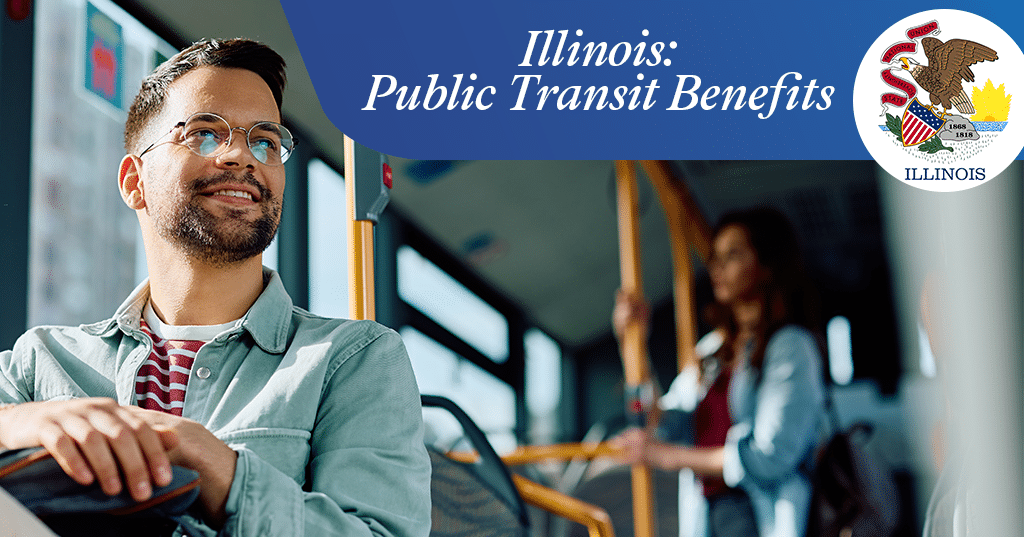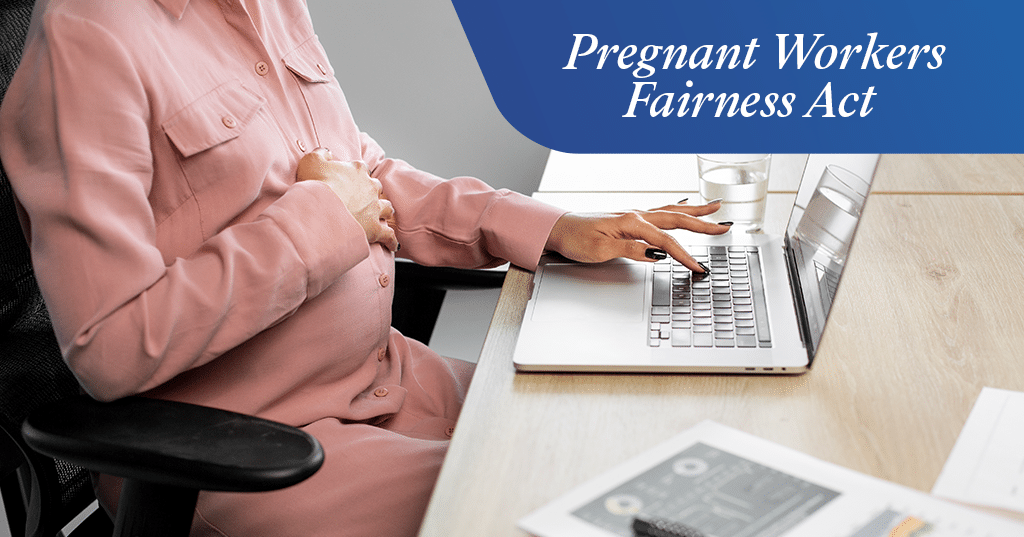
On July 28, 2023, Gov. Pritzker signed Public Act 103-0291, known as the Transportation Benefits Program Act (the “Act”) to promote employees commuting to and from their workplaces on public transit. The Act will be effective on January 1, 2024.
Which employers must provide public transit benefits?
Any employer that employs or that “directly or indirectly, or through an agent or any other person, employs or exercises control over wages, hours, or working conditions of an employee” that is located in the following counties and townships:
Cook County; Warren Township in Lake County; Grant Township in Lake County; Frankfort Township in Will County; Wheatland Township in County; Addison Township; Bloomingdale Township; York Township; Milton Township; Winfield Township; Downers Grove Township; Lisle Township; Naperville Township; Dundee Township; Elgin Township; St. Charles Township; Geneva Township; Batavia Township; Aurora Township; Zion Township; Benton Township; Waukegan Township; Avon Township; Libertyville Township; Shields Township; Vernon Township; West Deerfield Township; Deerfield Township; McHenry Township; Nunda Township; Algonquin Township; DuPage Township; Homer Township; Lockport Township; Plainfield Township; New Lenox Township; Joliet Township or Troy Township.
In addition to being located in the above counties and townships, an employer must employ more than 50 “Covered Employees” at an address that is no more than one mile away from a fixed route transit service.
Which employees must be offered public transit benefits?
To qualify for the public transit benefit, an employee must average at least thirty-five (35) hours of work per week. For newly hired employees, the benefit begins on the first full pay period after 120 days of employment.
What public transit benefit must be offered by the employer?
The public transit benefit must allow eligible employees to elect pre-tax salary reductions to be used to reimburse transit pass expenses. A “transit pass” is defined to include tokens, fare cards, and vouchers entitling a person to transportation on a public transportation system within the jurisdiction of the RTA or the Chicago Transit Authority. Employers are not required by the law to make any contributions to employees for commuter benefits, but they are allowed to do so under federal tax laws.
What other requirements must the public transit benefit meet?
The public transit benefit must also satisfy the federal requirements and limitations for qualified transportation fringe benefits contained in Internal Revenue Code Section 132(f). This includes the monthly maximum election amount, which is subject to annual cost-of-living adjustments. The maximum amount per month in 2023 is $300.
The limits for 2024 have not been released yet. For a copy of the Transportation Benefits Program Act, click here.






